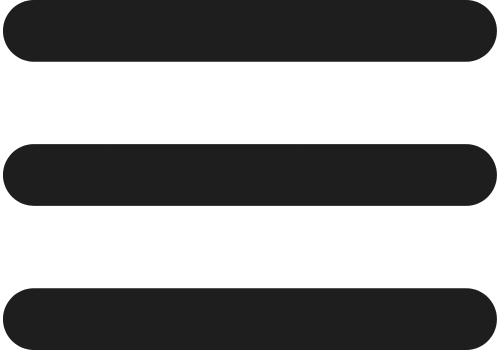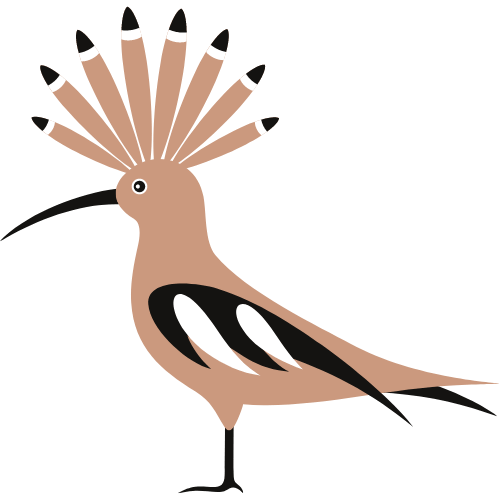If you’re planning to promote a course, workshop, or retreat in the field of mind-body wellness, it’s essential to prepare all your marketing assets in advance. This ensures your campaign is effective and reaches the right participants.
In this guide, we’ll walk you through everything you need to know — from creating a landing page to planning your ad budget.
Step 1: Create a Professional Landing Page
Before launching your campaign, it’s recommended to build a well-designed landing page or a dedicated website that includes all essential information:
-
Name of the course/workshop
-
Date, location, and directions
-
Purpose of the event and key benefits for participants
-
Presenter/facilitator bios
-
Detailed syllabus
-
Testimonials from past participants
-
Clear call to action (CTA) — registration form, phone call, or WhatsApp message
Mobile optimization is a must.
Most visitors will view the page on their phone, so it needs to be easy to navigate and feature a prominent CTA.
Thank You Page:
After submitting the registration form, guide users to a thank you page that explains what happens next, when you’ll be in touch, and encourages further actions — like watching your videos or following you on social media.
Step 2: Create Marketing Content for Your Campaign
To advertise your course or workshop effectively, you’ll need quality creative assets, including:
-
Focused copy for each stage of the marketing funnel
-
Designed images and banners
-
Short video clips
Marketing Funnel Stages and Content Types
Awareness Stage – Your audience doesn’t know you yet. This content should spark curiosity and demonstrate value:
-
Blog posts or articles highlighting the benefits of your offering
-
Personal stories (your own or from participants)
-
Short inspirational videos
Interest Stage – Your audience is already curious and looking for more information. Include:
-
Clear course details (dates, topics, pricing)
-
FAQ answers
-
Participant testimonials
-
A clear invitation to get in touch
Action Stage – Users are hesitating and need a final nudge:
-
“Registration is closing soon!”
-
“Only a few spots left!”
-
“Prices go up in X days!”
Step 3: Design Assets for Ads
Image Sizes:
-
Facebook & Instagram Feed: 1080×1080 px
-
Instagram Stories: 1080×1920 px
-
Horizontal Ads: 1200×628 px
Video Guidelines:
Shoot vertical videos (ideal for stories), 1–2 minutes long, and always include subtitles for viewers watching without sound.
Banner Design Tips:
-
Use a background image with key text overlays — course name, date, location, and facilitator names/photos.
-
Supplement with photos from past workshops, atmospheric shots of the venue, and portraits of the facilitators to build trust.
Step 4: Facebook & Instagram Ad Setup
To run an effective ad campaign, prepare the following:
-
A Facebook business page and an Instagram business profile
-
A Facebook Ads account connected to a valid credit card
-
A Facebook Pixel installed — to track conversions and optimize your campaign based on data
Want to see examples of campaigns that worked? Contact us and we’ll share some inspiration.
Step 5: When to Start Advertising?
Timing depends on several factors:
-
Course Price – Higher prices require longer lead times
-
Your Reputation – If you’re new in the field, plan more time to build trust
-
Offer Strength – The more compelling your offer, the easier it is to convert quickly
General Guidelines:
-
For low-cost, short workshops – start promoting 2–6 weeks in advance
-
For longer or high-ticket courses – start promoting 3–6 months ahead
Step 6: Setting Your Ad Budget
Ad budgets vary based on your goals, offer, and audience, but a common rule of thumb is to invest 5–20% of your expected revenue into advertising.
Example:
Let’s say you’re running a wellness retreat priced at $800, and you expect 25 participants.
Your total expected revenue would be $20,000.
In that case, your recommended ad budget would range between $1,000 and $4,000.
Important:
Your ad budget does not include additional costs such as:
-
Landing page or website setup
-
Graphic design or video editing
-
Campaign management fees
These are long-term investments — and in most cases, the content you create can be reused in future campaigns.
In Summary
Successfully promoting courses, workshops, or retreats requires solid preparation:
strong digital assets, a tailored content strategy, and a well-managed advertising budget.
A clear process and organized steps will help you attract the right audience and ensure your next course is a success.
Need help with your next campaign?
We’d love to support you — click here for details >>





